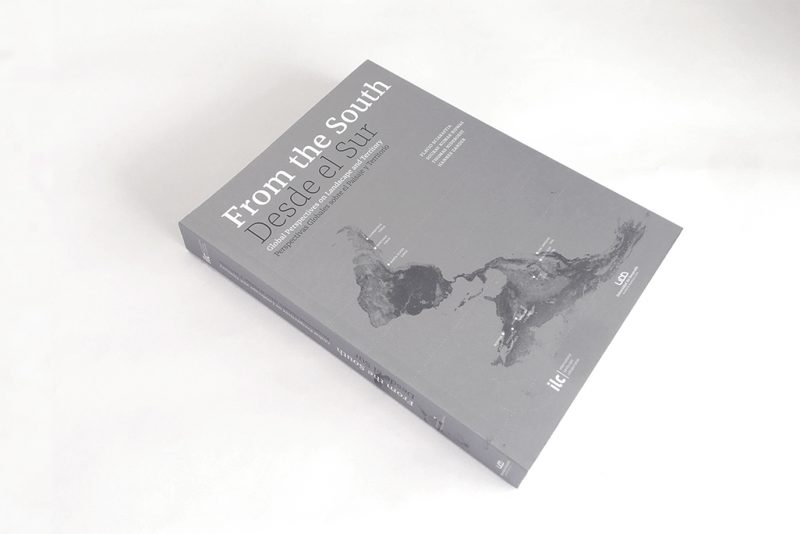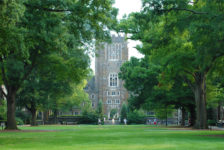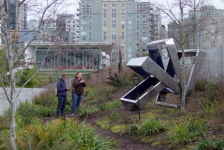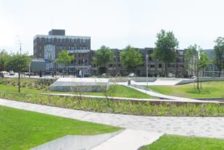Available for free download, a new book promotes a landscape approach for territorial development in response to today’s environmental challenges and socio-political transformations. “From the South: Global Perspectives on Landscape and Territory” is the first book of the International Landscape Collaborative (ILC), published by Ediciones Universidad del Desarrollo in Santiago, Chile in bilingual form with Spanish translations. The book contains eighteen essays written by authors from eight different nations and five continents that offer a diversity of perspectives on contemporary models of landscape planning, management and design across scales. Rather than viewing the landscape through the lens of a singular discipline, the ILC promotes with the now published volume an interdisciplinary approach that uses the landscape as a medium to understand and create urban form, infrastructures, and territorial systems and to respond to today’s socio-environmental challenges.
Landscape in the Age of the Anthropocene
Through urbanization, industrialization, and agriculture, the imprint of human civilization has fundamentally transformed atmospheric, biochemical, and geological characteristics to such an extent that an entirely new epoch of the Anthropocene has been coined to describe the planet’s ecological reality. Societies have shaped land-water systems in ways that have irreversibly linked humanity’s future to modified natural systems. Today’s environmental challenges such as changing climates and increasingly frequent and intensive natural disasters are consequences of the human impact on the natural environment in an exploitative paradigm driven by immediate material needs. The book positions the medium of landscape in this context of planetary environmental transformations.
The discipline of Landscape architecture finds itself in an opportune position in the era of the Anthropocene: Landscape architects have a long legacy of crafting restorative environmental systems across scales; from the scale of the garden, to the city, and to urban-rural regions. They are therefore uniquely situated to guide alternative modes of development that reconcile human impact with ecological sustainability. The book promotes an approach which allows landscape architects, together with designers and planners, to acquire the agency to engage diverse stakeholders and influence environmental policy, land management regimes, engineered systems, and socio-ecological processes to impact much larger scales than design and planning professionals have been usually accustomed to.
The foundation to support this shift to an interdisciplinary and multi-scalar landscape approach is already embedded in the origins of the discipline of landscape architecture in North America, where it was first formalized as a profession. From its beginning, landscape architects were not only interested in phenomenological concerns at the site scale, but also tried to address urban growth, sanitation, drainage, and waste-water issues, as in the works of early system thinkers and regional planning advocates, such as Frederick Law Olmsted and Charles Elliot. Considering this context, but also later innovations in territorial planning, such as the suitability analysis method developed by Ian McHarg and the use of Geographic Information Systems (GIS), it can be argued that landscape architects hold the understanding, technological tools and methodologies to strategically work on environmental and development issues at a territorial scale in alliance with other professionals such as ecologists, economists, engineers, geographers, natural resource managers, and sociologist alongside local communities.
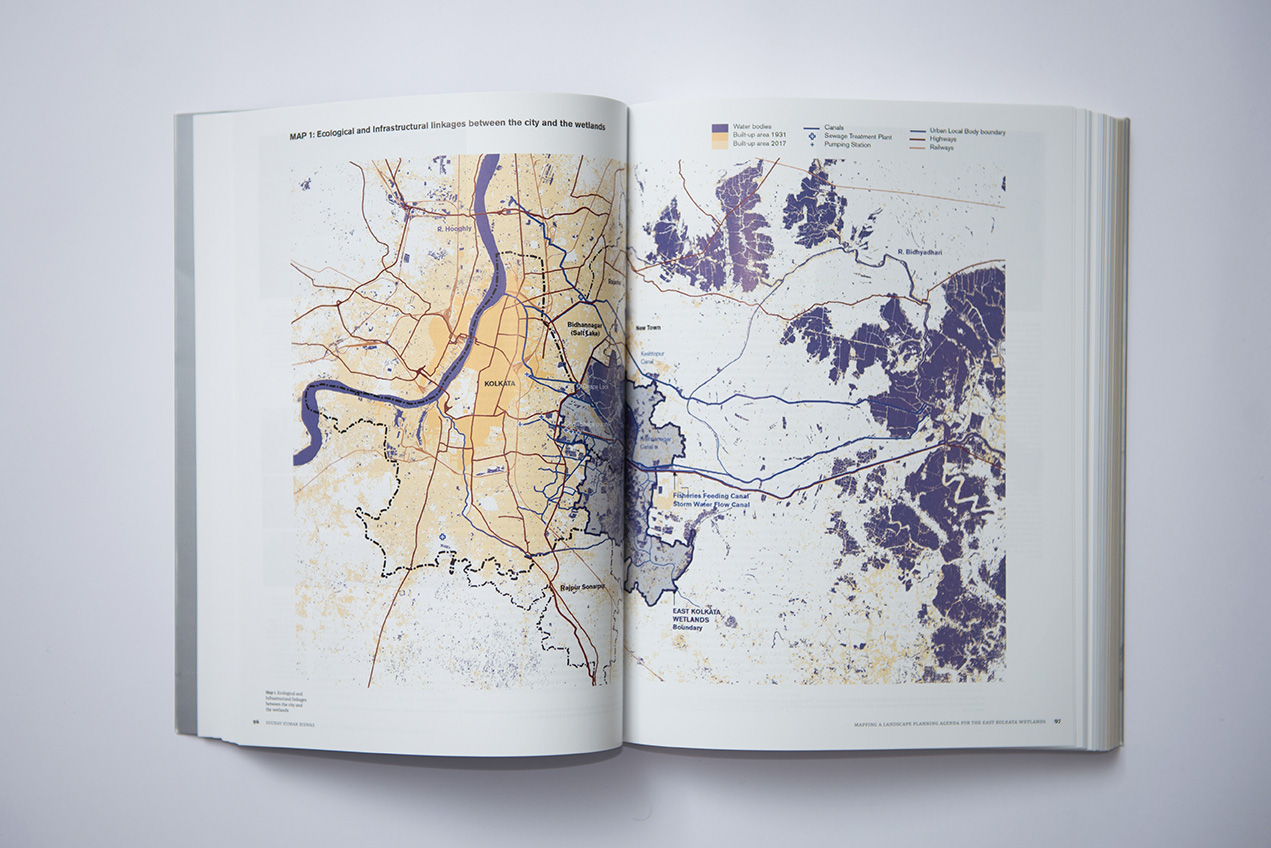
What is the International Landscape Collaborative (ILC)?
The ILC was formed as a group of landscape architects, urban planners and designers in 2017. The medium of landscape serves the ILC as a common ground to productively interrogate contemporary issues of natural and built environments as a collective effort across disciplines and different geographies. By connecting experts from around the world who share experiences from diverse contexts, the ILC intends to deepen the understanding of landscapes and the cultures that co-produce and depend on them. Moreover, the ILC seeks to position the landscape approach as a tool for social and political transformation in contexts where planned infrastructural systems are not yet codified or consolidated. These emerging sites offer productive opportunities to rethink urban form and question dominant spatial or political organizations.
In January 2018, the ILC organized an inaugural conference in Santiago, Chile. As one of the southernmost territories in the world, Chile provided a symbolic platform to showcase a diversity of interesting work and research happening outside the traditional centers of landscape discourse in North America and the Global North. The ILC aims to reframe the north-south dichotomy by adding nuance to a predominantly north-to-south vector of transferring theory and practice in landscape architecture. The need for a stronger consideration of the landscape in planning processes has become critical in other parts of the world. Thus, there is strong sense of urgency in addressing territorial conflicts that demand multi-scalar and cross-boundary integration across various cultures and economies. With the book, the ILC advances the landscape approach in two ways: it highlights the need to reclaim landscape architecture’s agency in defining pressing territorial issues and demonstrates landscape architecture’s capacity to address such issues across the globe.
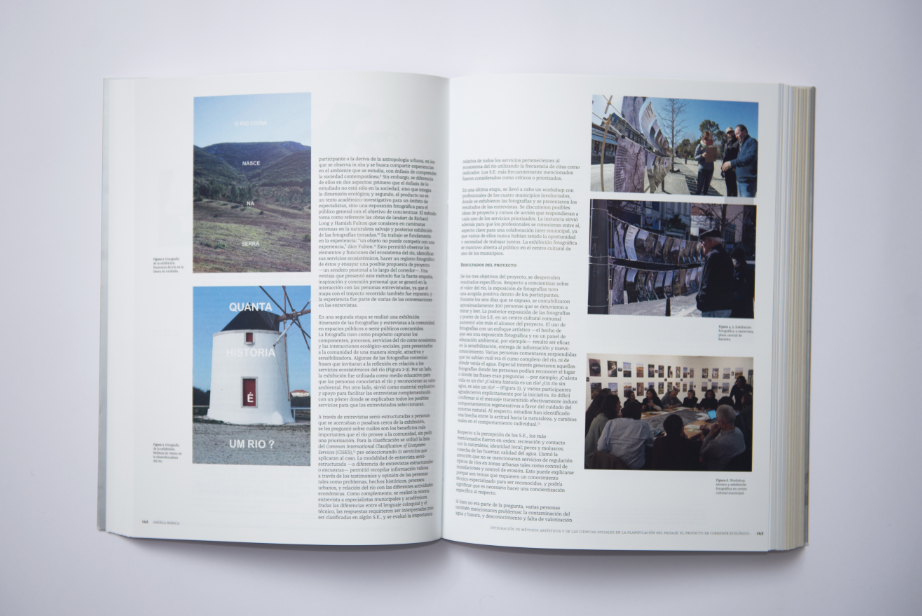
Book Content
The research papers presented at the conference in Chile were curated and edited for the now published volume, grouping international with Chilean contributions. The eighteen essays offer a diversity of perspectives on contemporary models of landscape planning, management and design across scales and in different geographies, cultural and environmental settings. However, the common thread among the articles is that they are propositional in nature and position landscape as a tool for critical examination and spatial transformation. All the papers address landscape at a territorial level by connecting local issues to a broader, regional context. While describing territorial problems, the essays also seek to inform specific solutions to address them.
The book is structured in five chapters along themes that highlight the relevance of the landscape approach to specific systems and scales:
- Planning Metropolitan Park Systems presents four essays that discuss the state of regional planning in the cities of Boston, Toronto, and Santiago.
- Building Ecological Infrastructure discusses three cases in India (Kolkata, Mumbai) and Chile (Llanquihue) to demonstrate the potential of designed or natural landscape systems to serve as performative urban infrastructures.
- Reading the Sociopolitical Landscape describes how socio-political relationships, hierarchies, and policies act as drivers of urbanization which shape the territorial landscape.
- Planning for Territorial Systems addresses global issues of water and food supply under extreme climatic conditions and the long-term effects of climate change.
- New Models of Practice presents three essays that discuss issues of open space and territorial development from the perspective of practitioners and academics.
As a volume, the ILC hopes these essays make a compelling case for the landscape approach and provide avenues for new forms of collaboration. In pursuing a global and interdisciplinary model, the ILC looks ahead to implement these concepts to mitigate negative environmental and socio-economic impacts while fostering resilient, equitable, and place-specific models of development and conservation.
—
International Landscape Collaborative: Flavio Sciaraffia, Sourav K. Biswas, Thomas Nideroest, Hannes Zander (Eds.). From the South: Global Perspective on Landscape and Territory. Santiago, Chile: Universidad del Desarrollo, 2019.
The publication was supported by Fondart Nacional, Convocatoria 2018 (Chilean National Council of Culture and Arts) and the Chilean non-profit Fundación Cosmos.
Photographs of the physical book by Felipe Diaz Contardo
Published in Blog, Cover Story, Featured


